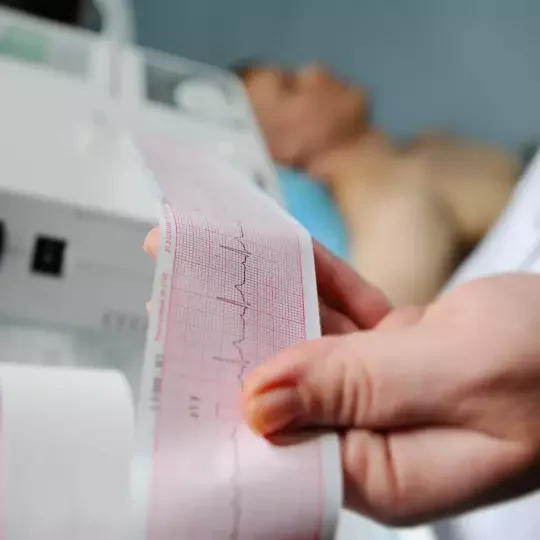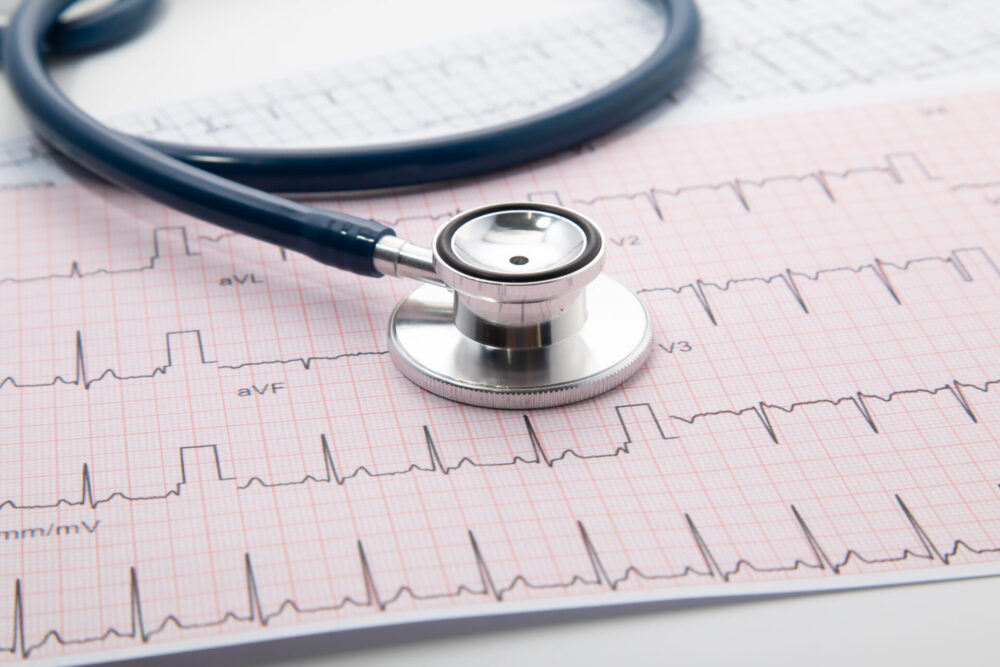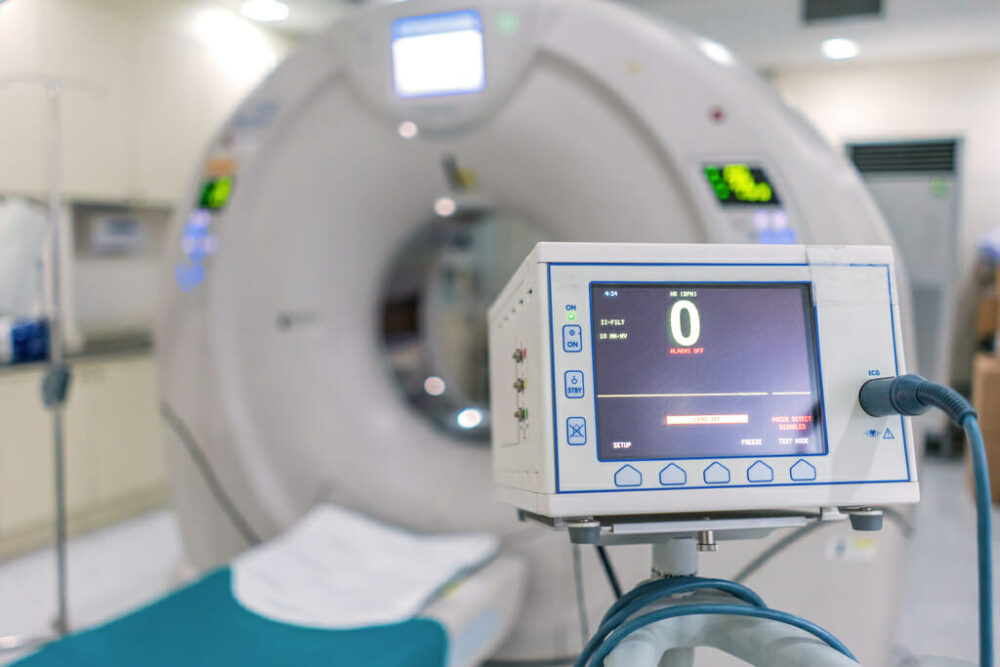CARDIAC ARRHYTHMIA TREATMENT IN LONDON
Cardiac Arrhythmia Treatment
The type of treatment depends on the arrhythmia and the condition’s severity.
Cardiac arrhythmias are a common heart condition that our specialists can diagnose at Expert Cardiologist. Our supportive team uses their extensive expertise to perform thorough diagnostic tests that detect cardiac arrhythmias so that we can create a personalised treatment plan.
What Is Cardiac Arrhythmia?
Cardiac arrhythmias are irregular or abnormal heart rhythms that happen when the heart’s electrical system changes, disrupting its normal rhythm.
In a healthy heart, the electrical signals help contract and relax the heart’s chambers into a rhythmic pattern. However, when an arrhythmia develops, this changes and can cause the heart to beat too slowly or fast or erratically.
Cardiac arrhythmias can damage the heart’s ability to pump blood effectively, which causes numerous symptoms, including blood clots and fainting if not enough blood flows to the brain. If left untreated, the heart weakens over time, increasing the risk of heart failure.

Types Of Cardiac Arrhythmias
There are five main types of cardiac arrhythmia:
Symptoms Of Cardiac Arrhythmia
Cardiac arrhythmias can lead to several symptoms depending on the type of arrhythmia. They can vary in severity.
Common symptoms of cardiac arrhythmia include:
- Heart palpitations
- Shortness of breath
- Dizziness or lightheadedness
- Chest pain or discomfort
- Fainting
- Fatigue
- Sweating when experiencing rapid heartbeats
- Weakness
- Fluttering sensation in the chest
Some people with cardiac arrhythmias might not experience symptoms and doctors may only pick it up with a routine heart examination. So, having regular heart check-ups is essential.
What Causes Cardiac Arrhythmia?
Cardiac arrhythmias have many potential causes and triggers. Heart conditions, such as coronary artery disease and cardiomyopathy, are possible causes as they disrupt the heart’s electrical system. Sometimes, we don’t know why cardiac arrhythmia happens or why it has developed.

Cardiac Arrhythmia Risk Factors
Several risk factors can make developing a cardiac arrhythmia more likely. These include:
- Age – ageing changes the heart’s electrical system, making it more susceptible to arrhythmias
- Family history – a family history of cardiac arrhythmias increases the risk
- Diabetes – heart-related complications including arrhythmias, are common
- Obesity – puts a strain on the heart, leading to arrhythmias
- Hypertension (high blood pressure) – structural changes in the heart can increase the risk of arrhythmias
- Smoking
- Caffeine or other stimulants
- Excessive alcohol consumption
- Sedentary lifestyle – a lack of physical activity can lead to heart problems, including arrhythmias
- High levels of stress and anxiety
Worried about your heart?
DON’T suffer in silence, seek expert help without delay
How Is Cardiac Arrhythmia Diagnosed?
Diagnosis of cardiac arrhythmias involves a combination of tests and assessments. The standard test for cardiac arrhythmias is an electrocardiogram (ECG), which evaluates the heart’s rhythm. It does this by recording the heart’s electrical activity using electrodes placed on the body. A cardiologist can detect abnormalities or changes in rhythm during this test and use it to diagnose arrhythmias, such as atrial fibrillation and ventricular tachycardia.
Cardiologists can also use an echocardiogram to diagnose arrhythmias. This test uses ultrasound waves to produce images of the heart’s structure and function, which can reveal abnormalities that could be causing arrhythmias.
A stress test tests the heart while you exercise, such as walking or running on a treadmill or using a stationary bike. Cardiologists monitor the heart’s electrical activity throughout the test, which can show any irregularities in the heartbeat or rhythm.
These diagnostic tests help cardiologists accurately diagnose the type of cardiac arrhythmia and the potential underlying cause — information that’s crucial for creating a tailored treatment plan.

Book An Appointment With Dr Karagiannis Today
Cardiac arrhythmias need treatment promptly and can be hard to detect without proper diagnostic testing.
At Expert Cardiologist, we offer complete diagnostic testing to create a personalised treatment plan for your needs. Whether you need management with medication or catheter ablation, Dr Karagiannis will guide you through the process and provide his expert care and support.
Schedule an appointment with Dr Karagiannis today, and you can be sure to receive the highest level of care and treatment for cardiac arrhythmia.
GET IN TOUCH
Request A Call Back
Please fill in the contact form and we will call you back at a time most convenient for you.



